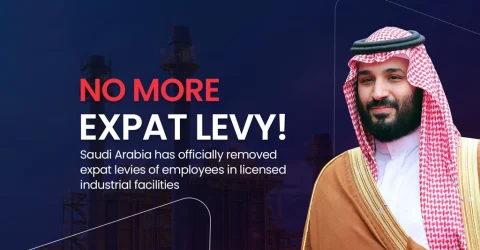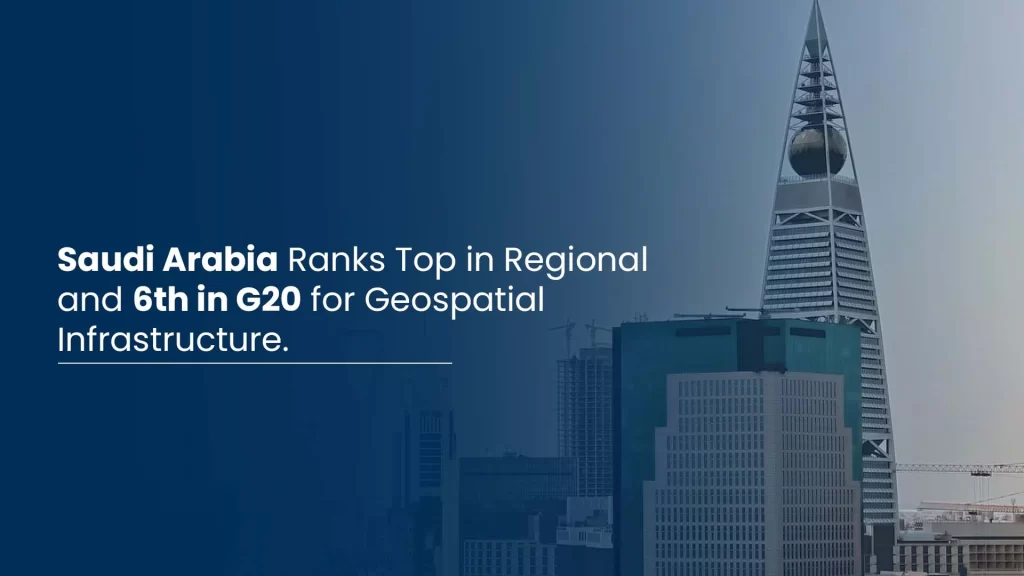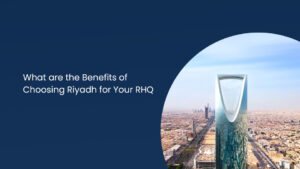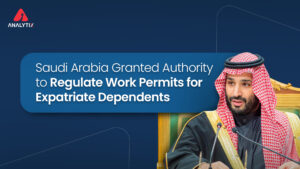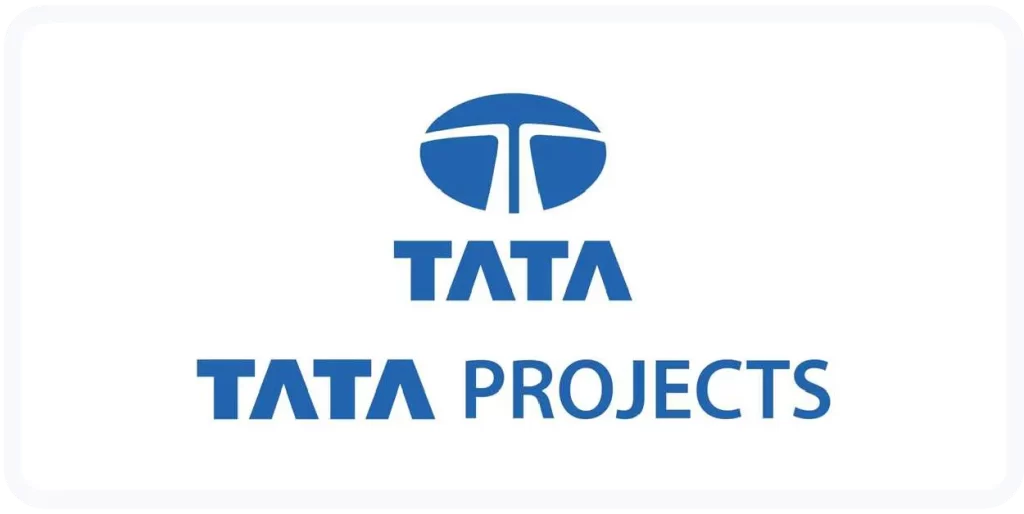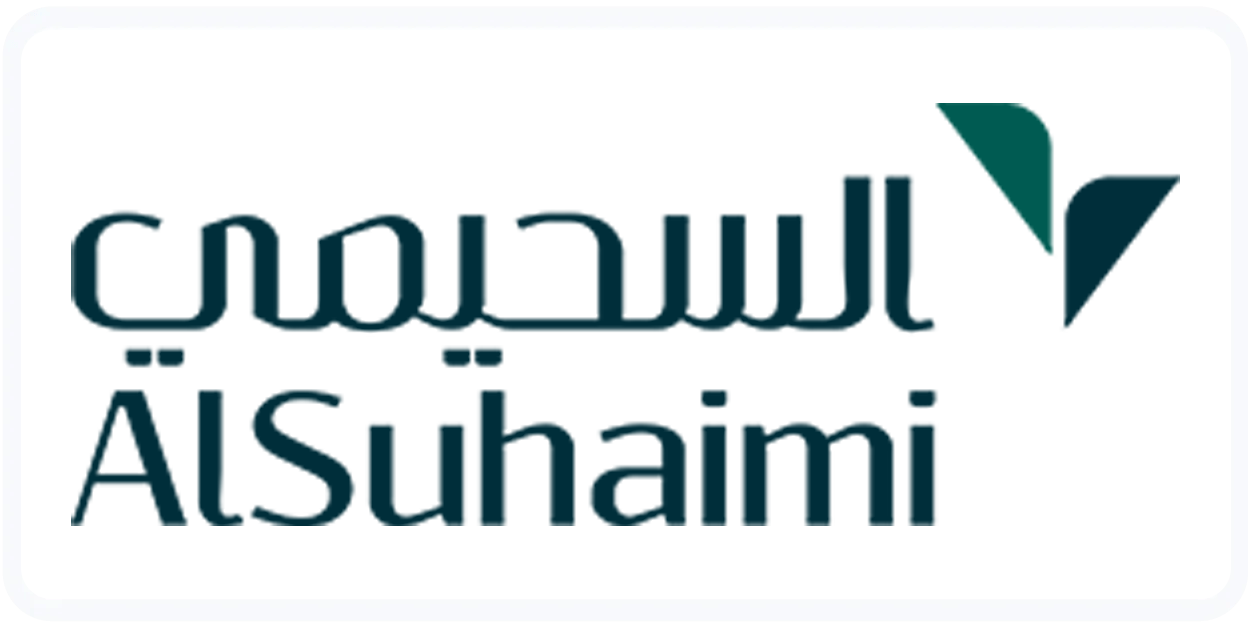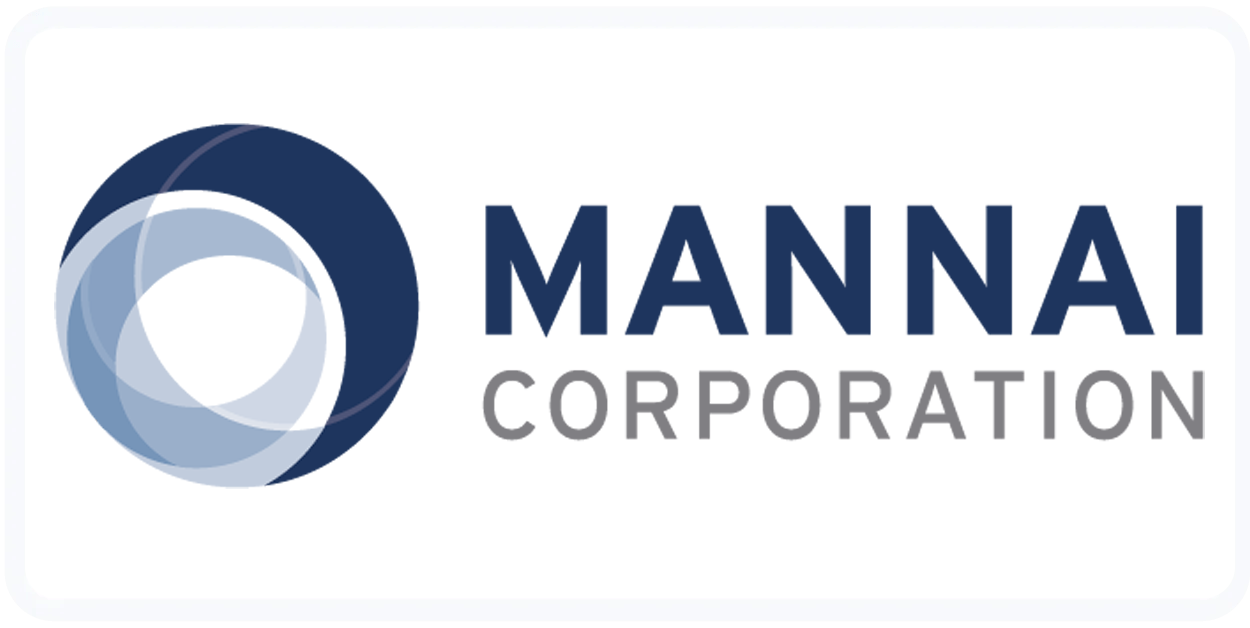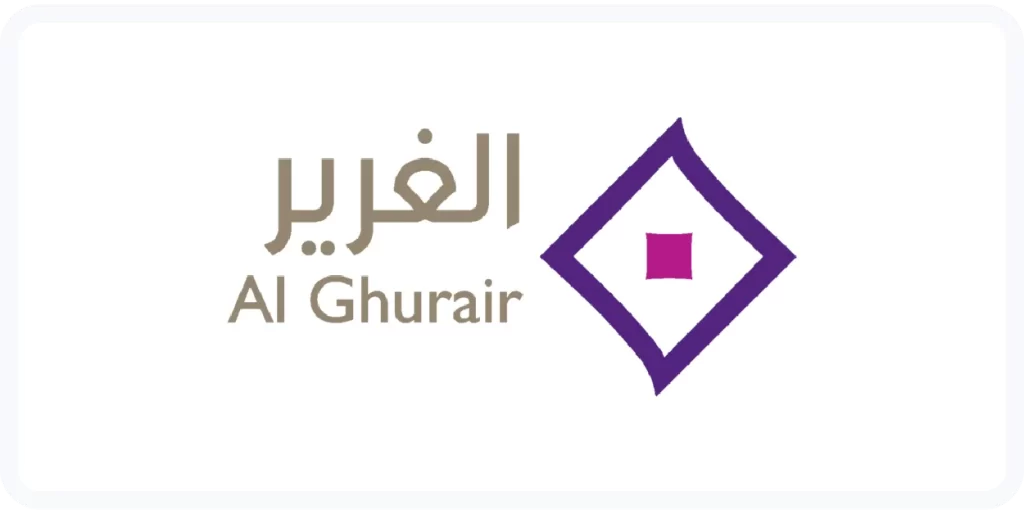RIYADH: Saudi Arabia has made notable progress in geospatial knowledge infrastructure, by climbing 23 places from 32nd place in 2022 to 9th globally in the 2025 Geospatial Knowledge Infrastructure (GKI) Readiness Index. The kingdom now ranks first in the Middle East and Arab World and sixth among G20 countries. This achievement was announced at the Geospatial World Forum 2025, which was held in Madrid and the credit for this advancement is given to the efforts of the General Authority for Survey and Geospatial Information (GEOSA).
Geospatial World developed the GKI Readiness Index, under the support of the United Nations Statistics Division, evaluates countries’ readiness to adopt and apply geospatial knowledge, which is important for economic growth, sustainable development, and digital transformation. Saudi Arabia’s progress is built on three focus areas: policy, infrastructure, and industry. The kingdom came in sixth position in the area of policy, owing to its strong governance of the national geospatial data system and compliance with the international best practices. In the infrastructure category, it ranked in the seventh position for bringing together national efforts and building a national geopolitical which is accessible to the public, and private sectors, academia, and individuals. Saudi Arabia ranked eighth in the geopolitical industry category, indicating its strong partnerships across sectors.
The achievement supports Saudi Arabia’s broader goals under Vision 2030, promoting innovation and digital transformation. Leadership support has been vital, particularly from the Minister of Defense and GEOSA Board Chairman. As a result, Riyadh has been selected as the headquarters for the United Nations Global Geospatial Ecosystem Center of Excellence, further cementing the kingdom as a global leader in geospatial information management.




